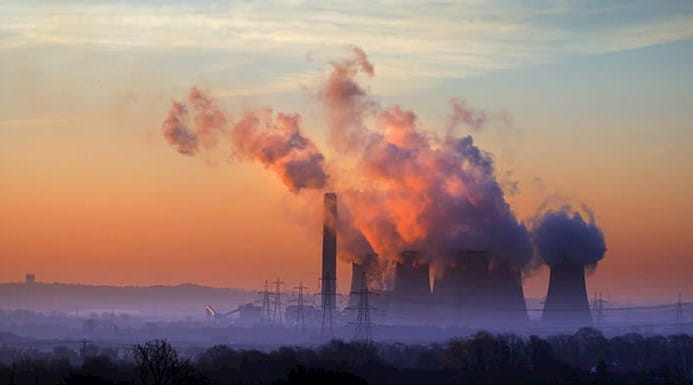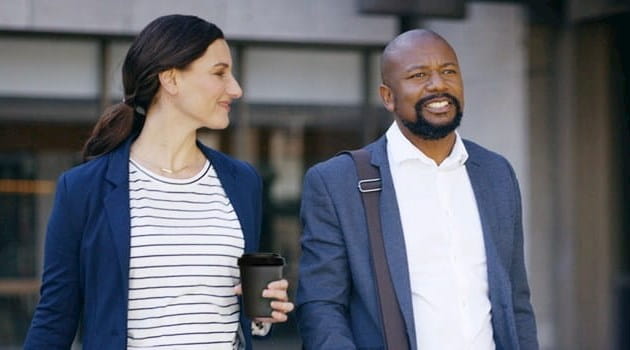The report from the IPCC was much anticipated, and confirmed what we already know about climate change. This is not to underplay the significance of the report that – even in its best-case scenario of enormous cuts in emissions – confirms that we will reach 1.5C by 2040. But I am not sure this means a great deal to most people.
The real news, for me, was the certainty that the warming is linked to ever-increasing frequency and violence of weather events. The past few months have seen fires in southern Europe and across the northwest US, scorching heatwaves in India, floods in northern Europe and China, and plagues of mice in Australia. If it sounds apocalyptic, that’s because that is how it feels, and the fact that we will reach the iconic 1.5C within 20 years means more of this.
We have spoken before, as have others, about how this is fuelled by the interconnected threefold crisis we face of climate emergency, loss of nature and rapidly increasing inequalities, and our understanding that the human consequences of this are appalling and the economic consequences devastating.
What is positive is that we are seeing that this crisis is now taken seriously by business and governments alike. But we now more than ever need to see the aspiration of big words turned into action.
For too long, however, we have been asking the wrong question. We have been assuming the way we run our economies and run our businesses is a given and asking: “What shall we do about nature, the climate and people?” We must turn this on its head and ask: “Given the crisis that is unfolding today in front of us, how shall we shape our economies and our businesses to end it?”
The Dasgupta Review – published earlier this year – made abundantly clear that we must change our understanding of our economic models to take account of nature. For businesses – the actors within the economy – we have got to change the model to understand nature and society as the bedrock of business success.
The accountancy profession is key to this. It is the accountant who brings together the information on which businesses make decisions and then reports these to markets and stakeholders. It is the accountant who has the agency, therefore, to drive different and better decisions by bringing into these decisions our impacts and dependencies on nature and society.
The profession can help businesses to understand their exposure to the impacts of climate change and the need build new business models that drive sustainable outcomes and that are resilient to the crises that we are experiencing now.
The Economics of Biodiversity
In 2019, the UK was the first major government to commission a review into the economics of declining biodiversity. We speak to the team behind the Dasgupta Review, to find out what it means for business and the profession.

- The income statement must speak to nature
- Bees, butterflies and billions of dollars – What investors make of biodiversity loss
- The complex road towards embracing natural capital
- ‘We’re all asset managers now’ – why the finance sector must get serious about nature
- Accounting for nature: time to think about a new type of capital



